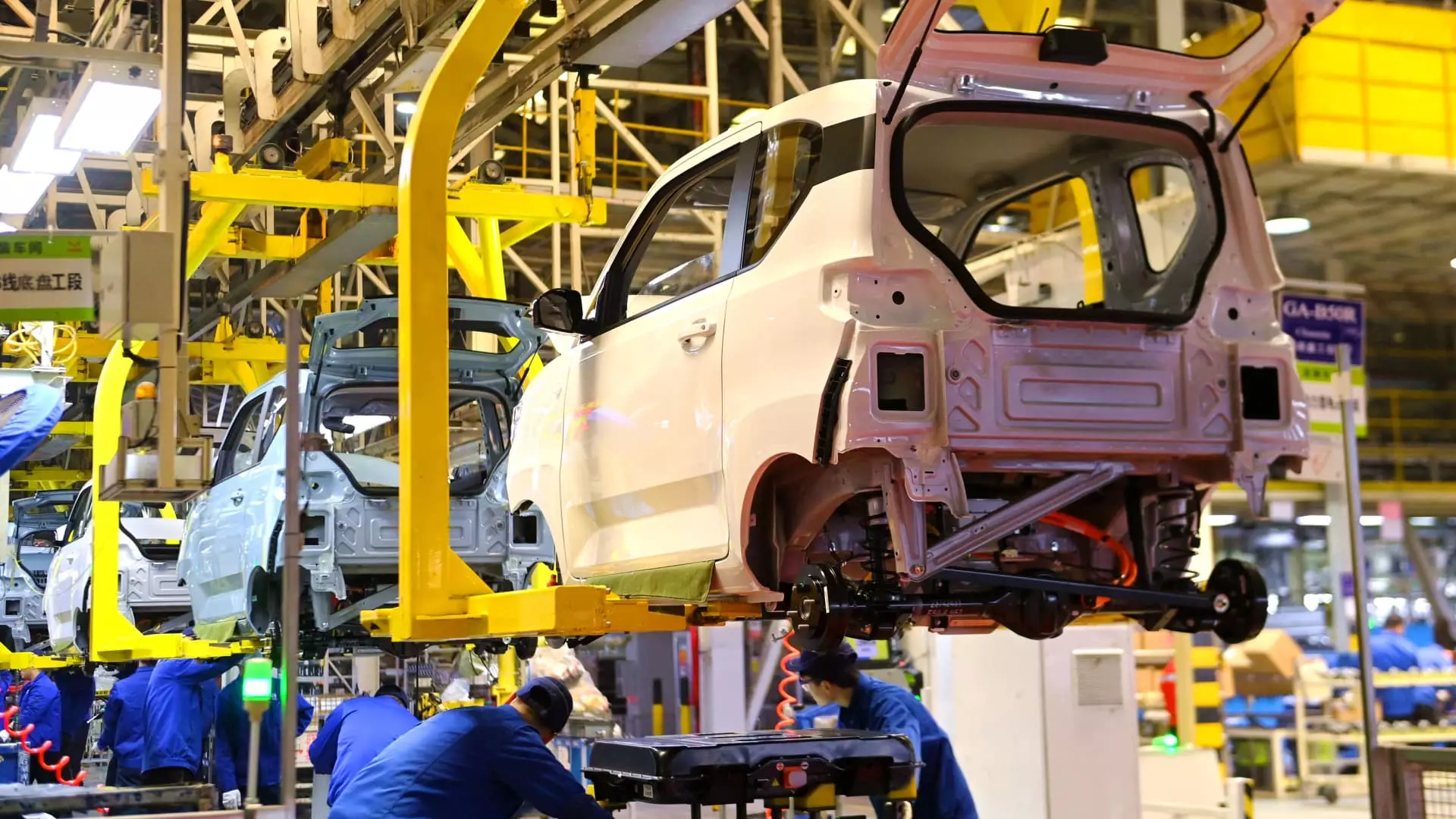China’s significant investment of $230.8 billion over more than a decade to develop its electric car industry has raised eyebrows, according to analysis by the U.S.-based Center for Strategic and International Studies. Scott Kennedy, trustee chair in Chinese Business and Economics at CSIS, pointed out that the scale of government support represents nearly 19% of total electric car sales between 2009 and 2023. While the ratio of such spending to EV sales has declined over the years, dropping from over 40% before 2017 to just above 11% in 2023, the massive investment by China cannot be overlooked.
Although China’s support for electric cars has included policies that favor domestic automakers over foreign ones, Kennedy highlighted that the U.S. has not created conditions that are as attractive for developing its electric car industry. This has put Western automakers and governments in a challenging position. The EU is planning to impose tariffs on imports of Chinese electric cars, and the U.S. has already raised duties on Chinese electric vehicles to 100%. While there are some exceptions, the lack of aggressive action by Western automakers and governments has allowed Chinese companies to gain a significant advantage in the market.
Despite the extensive government support and market growth for Chinese electric vehicle companies, profits have yet to see a significant boost. In a market economy, Kennedy noted that firms should carefully gauge their investment in new capacity to avoid a sharp gap between supply and demand. Companies like BYD and Tesla have seen declines in their net profits per car over the last 12 months, indicating challenges in the industry. The intense price war in the electric car market has forced companies to either slash prices or introduce lower-priced product lines to stay competitive.
Chinese electric car startup Nio, which is currently operating at a loss, predicts that about 10 automakers will lose out on the China market, leaving only 20 to 30 players. The competition is fierce, with Bank of America analysts suggesting that major U.S. automakers should consider leaving China and focusing their resources elsewhere. The market dynamics in China, fueled by government support and increasing consumer demand for electric vehicles, pose both challenges and opportunities for companies in the industry.
In response to the growing demand for electric vehicles, the U.S. has started increasing its efforts to support the industry. The Inflation Reduction Act, signed into law in August 2022, allocated $370 billion for promoting clean technologies, including a $7,500 credit for qualifying electric car purchases. This contrasts with the average Chinese support per electric car purchase of $4,600 in 2023, signaling a significant difference in government backing for the industry between the two countries.
China’s massive investment in the electric car industry has reshaped the global market dynamics and posed challenges for Western automakers. The competition is fierce, with Chinese companies making significant strides in technology and production. While government support has been a driving force behind the growth of the industry in China, Western countries need to step up their efforts to remain competitive and ensure a sustainable future for the electric car market.

Leave a Reply